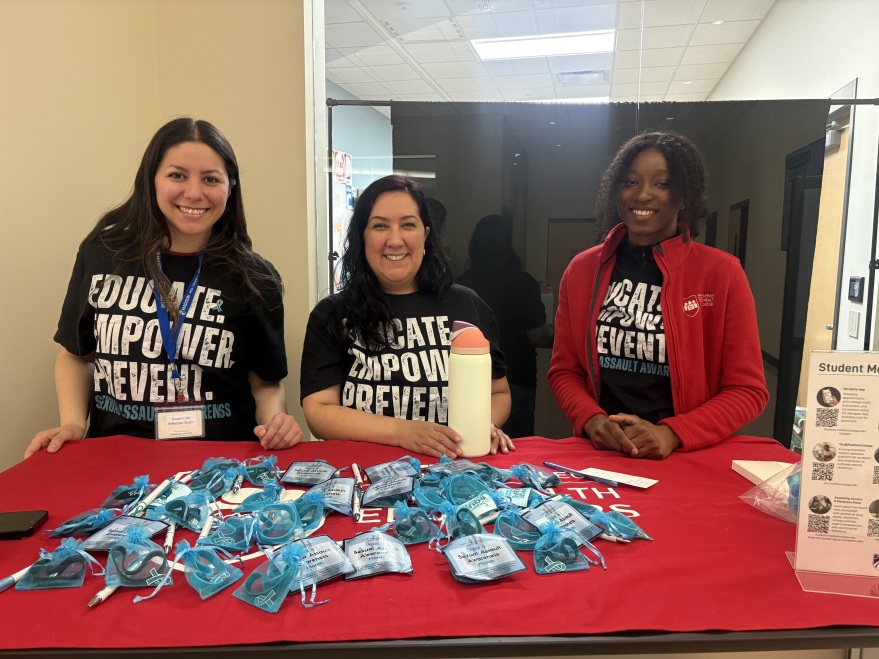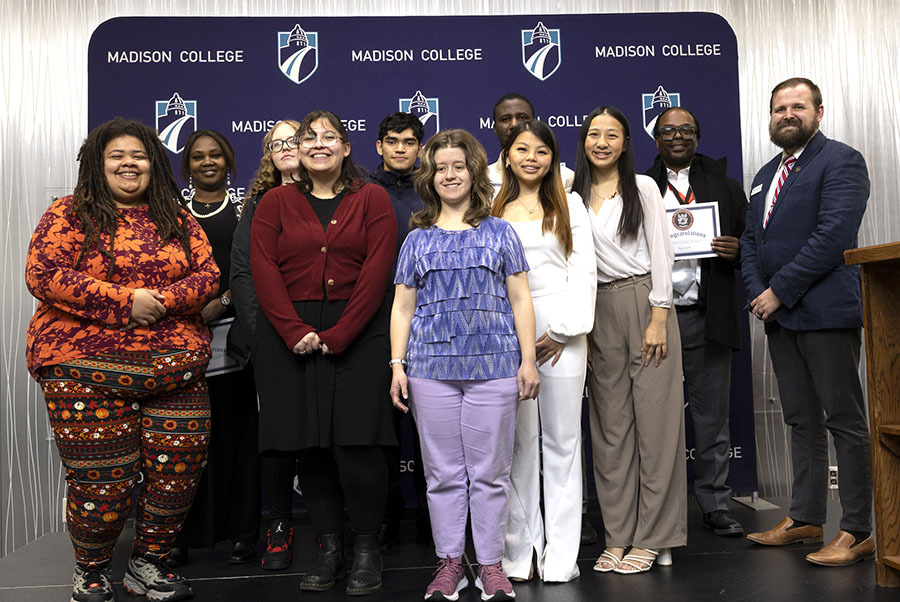Off The Shelf: Take time to browse the book festival
October 24, 2017
“In this age of getting what you want and getting it now, the simple pleasure of browsing is often forgotten.” – Tom Hodgkinson
The Wisconsin Book Festival http://www.wisconsinbookfestival.org/, held annually in Madison, is celebrating its 15th anniversary this year from Nov. 2-5. The event has grown in popularity over the years, now drawing close to 15,000 people over all the events.
Many of the authors and books being featured this year at the festival are available for checkout in the Madison College Libraries, including “Janesville: An American Story,” by Amy Goldstein; “The hearts of Men,” by Nickolas Butler, “Thousand-miler: Adventures Hiking the Ice Age Trail,” by Melanie McManus; and “The Death and Life of the Great Lakes,” by Dan Egan.
From huge book festivals like the National Book Festival in Washington, DC, to smaller festivals like in Jackson, Miss., or Eau Claire attendance numbers have been on the rise. When reading stories about why people attend book festivals and book fairs, a common theme is the pleasure of browsing books and serendipitously discovering a new interest.
Browsing book stacks or book displays is a “slow” activity. Slow movements started with the Slow Food Movement and have spread to other disciplines, like reading. They strive for a cultural shift in slowing down the pace of life and taking time to making deeper connections.
In her Oct. 25, 2016, article in the “Chronicle of Higher Education,” Ann Michael argues for the benefits of old-fashioned book browsing – “The curious, inquisitive, emotional human mind, which is not an algorithm seeking one specific text, can find on these shelves a physical object that…can challenge what we think we know and then it can suggest another book, another author, a further shift in point of view.”
While Michael laments the fading art of browsing, the focus of her article is that it is a losing battle in academic libraries as more and book stacks are moved off-site. It is hard to argue against space being made for more technology and attractive looking study spaces, which are far more marketable and reflective of the current educational landscape. It seems to be an inevitable happening at all types of academic libraries.
Until it completely occurs here, if you’ve never taken the time to browse the book stacks of the Madison College Libraries, find yourself a few minutes to give browsing a try. Also try browsing the thematic book display near the front of the library highlighting material on timely topics. Maybe you’ll conclude it lame, but just maybe, like the literary character Mary Lennox, you’ll find yourself stumbling upon a secret garden.
































